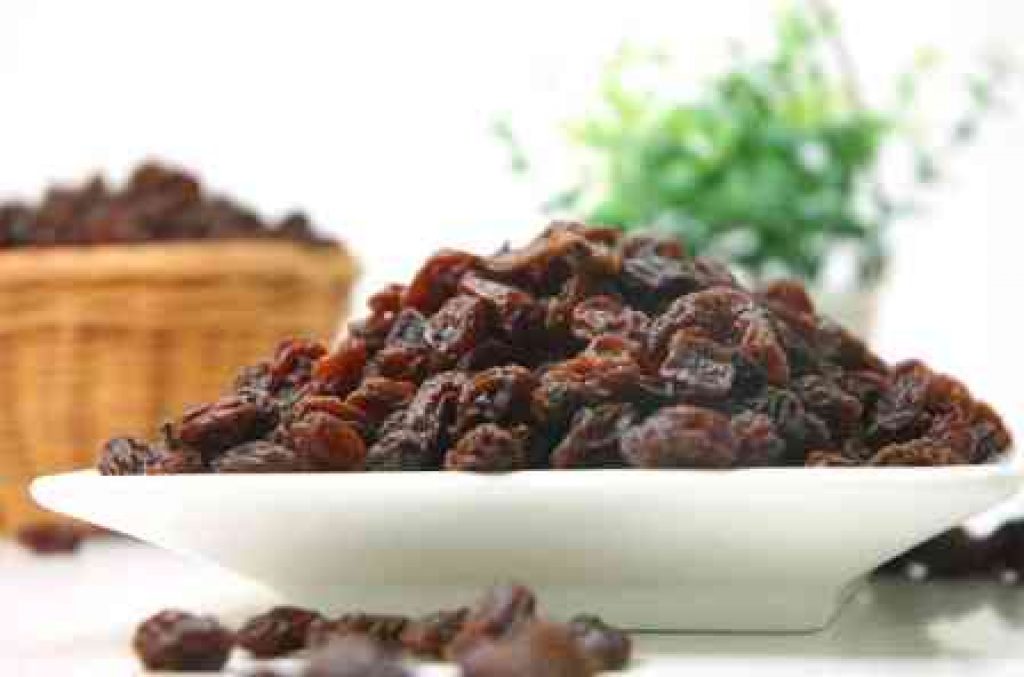Fruit & Fibre cereal has been a breakfast staple for decades. You’ve probably enjoyed some variety of this healthy blend of whole wheat flakes and dried fruit at least a few times in your life.
As someone who shares your victuals with the feathered set, it may have crossed your mind to pour a bowl for the birds. But, can birds eat Fruit & Fibre cereal?
Technically, the answer is yes, birds can eat fruit & fibre. They can eat it, and will readily do so. However, there is a serious health risk involved, if certain ingredients are present.

Depending upon the brand of cereal, and its particular blend, how you prepare this food for birds can make the difference between life and death.
How is it possible that such a healthy cereal, with all natural ingredients, can pose such a threat to the flock? As I explain safe preparation, the answer will become apparent.
How Do I Prepare Fruit & Fibre Cereal for Birds to Eat?
Proper preparation of this cereal depends upon the ingredients, namely raisins, sultanas, and dried coconut.
Raisins and sultanas are of lesser concern. They pose no innate threat to avian health, provided they have not been treated with sulphur dioxide.
Sulphur dioxide is classified as an allergen for humans and will be listed on the ingredients if present. If present, then you should remove them from the cereal before serving it to birds.
Should the fruit pieces be hard instead of tender, separate them from the flakes and soak them in boiled water for 15 minutes. This will make them easier for birds to eat and digest.

If dried coconut is part of the ingredients blend, your safest choice is to not serve the cereal at all. Otherwise, you must carefully pick the coconut pieces out. Either use them for some other purpose, or rehydrate them before returning them to the mix. Be as thorough as you can, as desiccated coconut can be deadly.
Once you’ve dealt with the possible hazards, Fruit & Fibre can be prepared in the same ways as other cereals.
First, crush it, so that the flakes are reduced to small, beak-friendly morsels. This can be easily accomplished with a few passes of a rolling pin.
You can take the resulting crumbly mixture and place it on your bird table or tray just fine. Strewing it about on the ground amidst the grass is also acceptable, and even preferable to ground-feeding birds.
To increase the cereal’s nutritional value, mix it with a hearty seed blend. Combining it with nut butter also accomplishes this, and saves it from being scattered by the wind.
Mixing Fruit & Fibre cereal with suet to make breakfast cakes is another excellent option, sure to be a flock pleaser.
Is Fruit & Fibre Cereal Good for Birds?
Fruit & Fibre Cereal is healthier for humans than it is for birds.
To begin with, the dried coconut is a serious problem. While coconut is fine for birds nutritionally, the dessicated flakes can expand in the birds throat or stomach, suffocating them or causing fatal injuries.
Meanwhile, if sulphur dioxide is present, it can cause maladies from feather destruction to trouble breathing, for birds that consume enough of it.
But, even when those issues aren’t present, or have been dealt with, Fruit & Fibre cereal’s nutritional balance isn’t ideal. The main issue is the high sugar content, which makes up 1/4 of a serving by weight. This is mostly thanks to the concentrated sugar in the dried fruit.
However, since the food you put out will be split between numerous twittering takers, it is unlikely that any single bird will consume a harmful amount of sugar.
Those considerations aside, Fruit & Fibre cereal does contain much that is healthy for birds. As the name implies, it is a fantastic source of fibre, courtesy of the whole wheat flakes.
The fruit blend generally includes dried banana and apples alongside those already mentioned. The sugar they contain can be too much, but it serves as a source of quick energy, helpful to a bird’s fast metabolism.
Hazelnuts are another potent ingredient. They help boost the protein and healthy fat content of the cereal, both necessary for avian health.
Moreover, the cereal contains a long list of vitamins and minerals, including:
Vitamin B1, B2, B6 and B12
Vitamin D
Iron
Folic Acid
Niacin
Fruit & Fibre cereal clearly has merits as a bird feed, but it can also be more trouble than it’s worth. If you choose to serve it to your feathered companions, do so infrequently, and only after careful scrutiny of the contents.